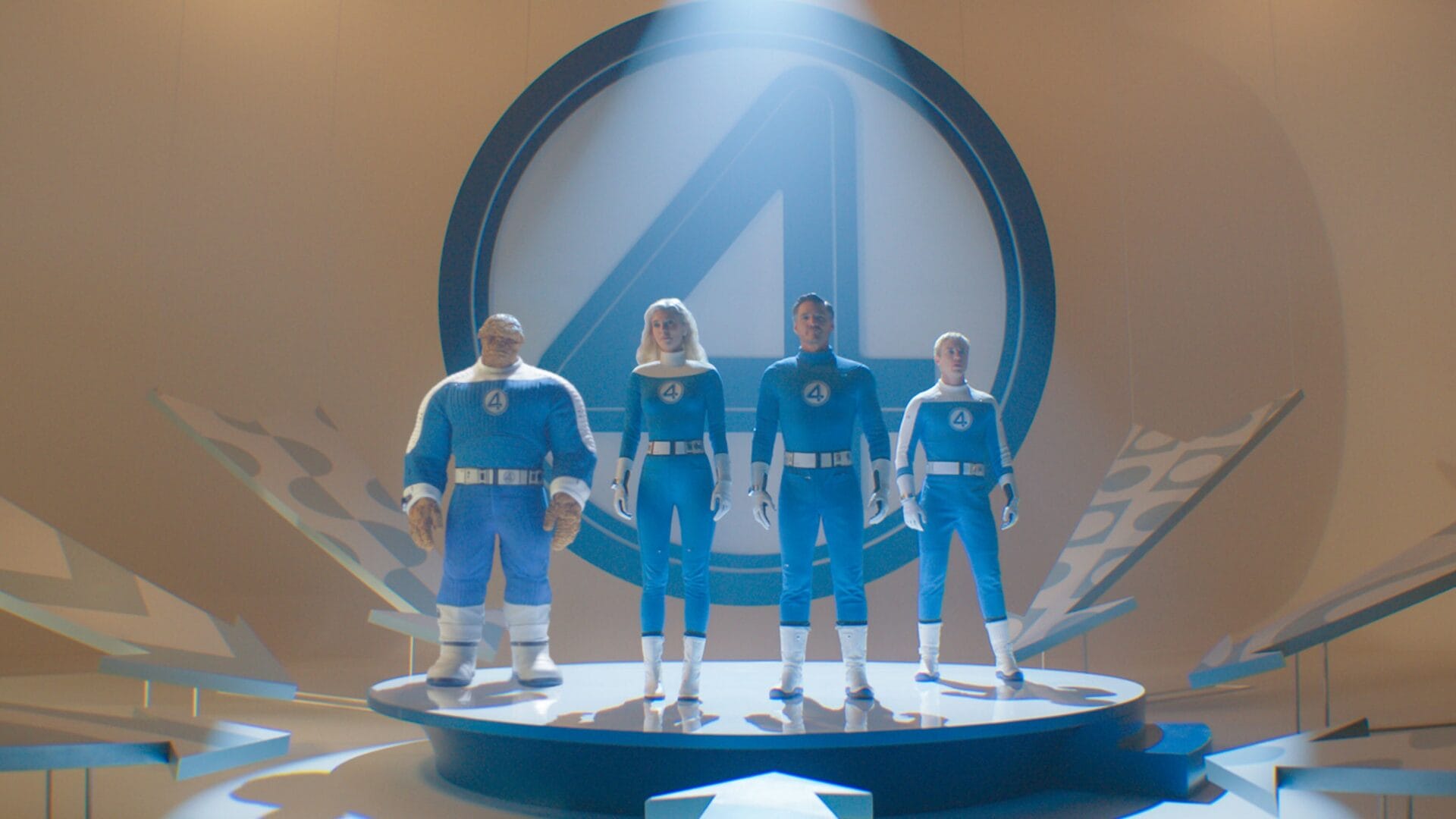
(WARNING: Spoilers ahead!)
With an all-star cast led by Pedro Pascal, Vanessa Kirby, Joseph Quinn, and Ebon Moss-Bachrach, Marvel Studios has finally delivered the Fantastic Four movie fans have long awaited—and unexpectedly, it may also be the most pro-life superhero film ever made.
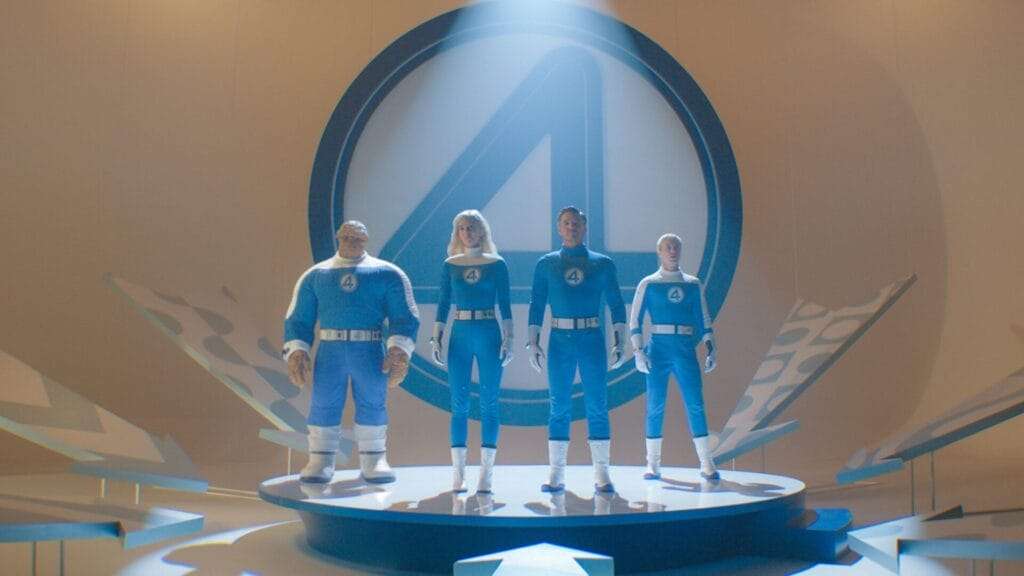
This latest installment brings the iconic Marvel family to life- not just through action-packed sequences and stunning visuals, but through a deeply emotional and morally resonant story centered on the sanctity of new life. At its heart lies Franklin Richards, the preborn son of Reed Richards (Pascal) and Sue Storm (Kirby). From the moment Sue discovers she’s pregnant, the baby becomes the soul of the narrative—proof that even in a universe filled with cosmic threats, the smallest life can carry the greatest weight.
The film opens with joy and intimacy as Sue and Reed learn that, after years of trying, she is finally expecting. Their shared happiness with Johnny Storm (Quinn) and Ben Grimm (Moss-Bachrach) paints a picture of the Fantastic Four as more than superheroes—they are a family.
That celebration is short-lived when Reed’s scientific experiments draw the attention of Shalla-Bal, herald of Galactus, who declares Earth will be consumed soon, though later in the film, Galactus gives the Fantastic Four the chance to spare Earth if they surrender Reed and Sue’s son.
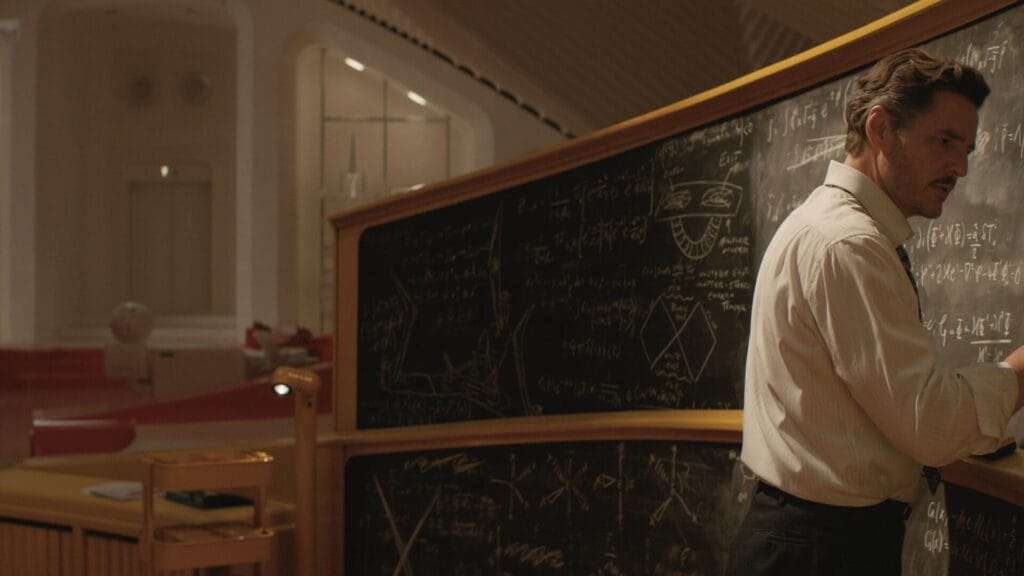
As the team prepares to travel to confront Galactus near a black hole, Sue’s pregnancy becomes central. In one of the film’s most striking moments before they depart, she uses her powers to turn her womb visible, revealing their healthy baby in a scene both visually surreal and spiritually grounded. It’s a quiet, yet powerful gesture, that gives visibility and personhood to the child within her, reinforcing that life in the womb is not only present- but sacred.
When negotiations with Galactus fail, the villain manipulates the extraterrestrial environment to force Sue into labor, triggering an emergency birth in the chaos of a collapsing gravitational field. Amidst battle, Reed and the team protect her while she gives birth—showing not only the physical strength of the team, but the emotional resolve of parents who refuse to give up on their child-even in the face of death. This sequence alone elevates the film from mere action to deeply pro-life storytelling, proving that life is worth fighting for even when circumstances are beyond comprehension.
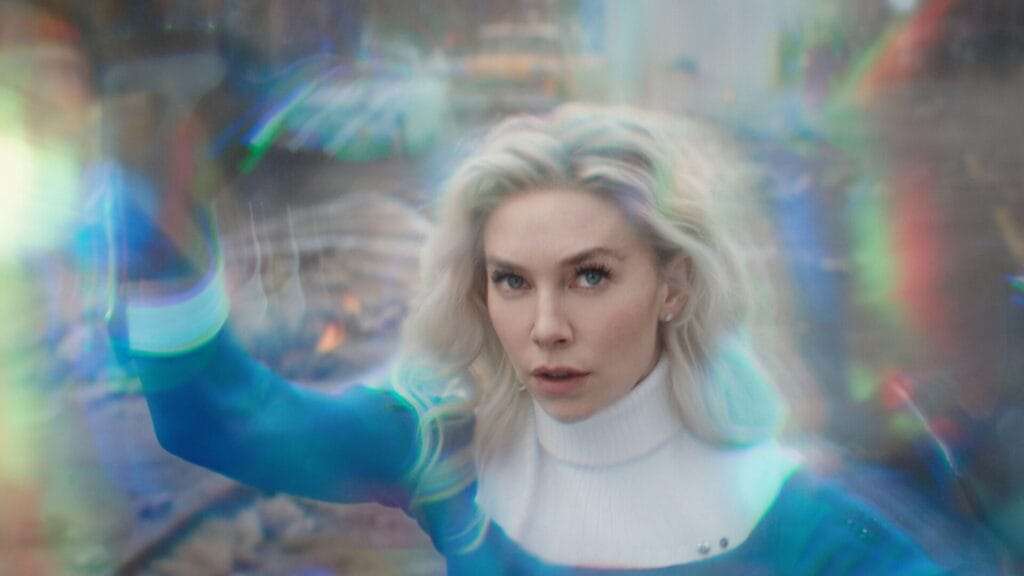
Back on Earth, the team faces their second, more human adversary: the world itself. Terrified by Galactus’s warning and desperate to survive, Earth’s population turns against the Fantastic Four, demanding they hand over Franklin to save themselves. Governments, media, and even some allies apply pressure—but Sue refuses to be moved.
In the film’s emotional climax, she addresses the world not as a superhero, but as a mother. Holding her newborn in her arms, she declares, “I will not sacrifice my son for the world… but I will not sacrifice this world for my son.”
Her words strike at the moral heart of the film. They are a mother’s plea not just for understanding, but for humanity. She doesn’t present a binary of choosing one life over many, but rather a belief that all life has value—and that no one, not even a superhero, should be asked to decide who deserves to live and who doesn’t. It’s a bold and rare moment in modern cinema that puts maternal strength and moral conviction above spectacle.
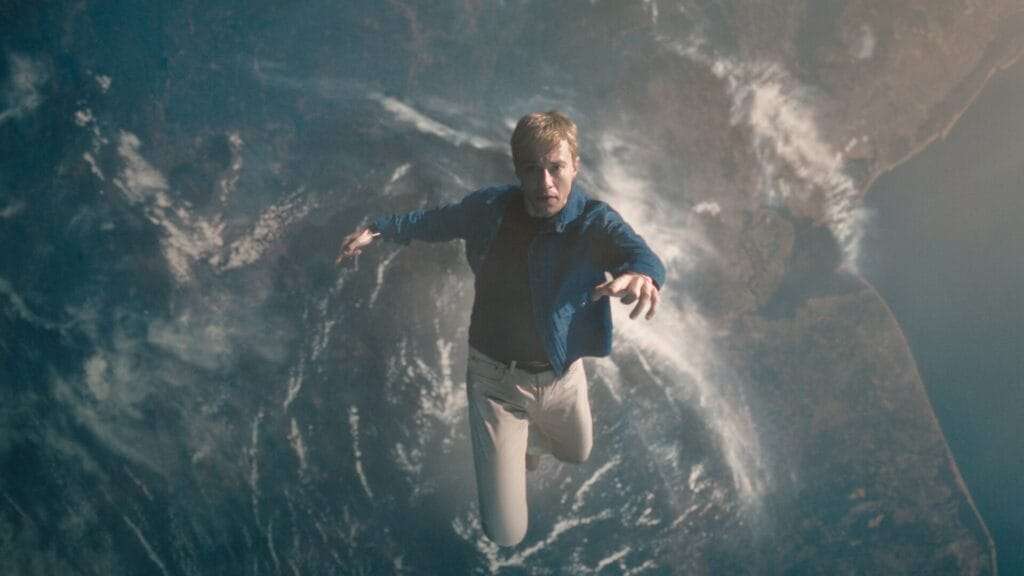
This message echoes strongly across 2025’s blockbuster landscape. In Mission: Impossible – The Final Reckoning, Ethan Hunt refuses to sacrifice his people for the greater good. Lilo and Stitch remind us again that no one gets left behind. Even Superman (2025) challenges the notion of dehumanizing those who are different. But Fantastic Four pushes further: it doesn’t just suggest life matters—it makes an unborn child the central character worth saving, even when the entire world is against him.
Pedro Pascal, known for his emotionally charged father-figure roles in The Mandalorian, Gladiator II, and The Last of Us, adds new depth as Reed Richards. But this time, he’s not guarding an alien, his gladiatorial stepson, or an immune teenager. He’s protecting his own son from cosmic destruction and global betrayal. It is a role that may even challenge his off-screen political beliefs.
Though Pascal is outspoken on progressive causes, his recent on-screen legacy paints a different kind of heroism. Whether intentional or not, these performances give a powerful voice to the pro-life position: that Life, especially preborn Life, is valuable, sacred, and worth everything.
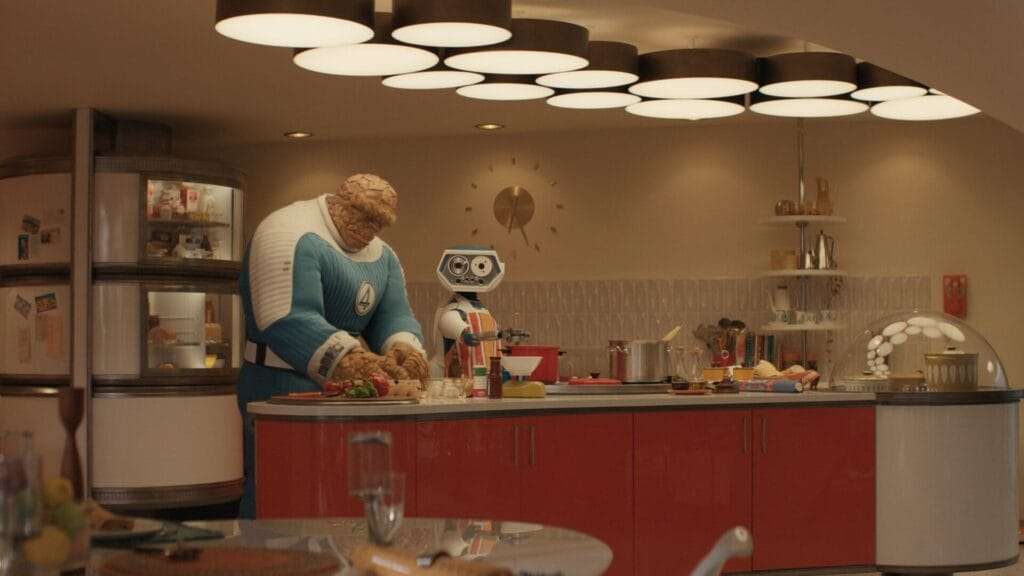
In a genre often dominated by explosions and quips, Fantastic Four: First Steps brings something radical: a reverence for Life. It delivers the superhero film audiences have long craved—one with heart, conviction, and moral clarity. It’s not just about saving the world; it’s about choosing not to lose your soul while doing it. It’s about believing that even one child matters—before he’s born, while he’s vulnerable, especially when the world says otherwise.
For once, the most important hero in a Marvel movie doesn’t wear a suit, fly, or punch through walls. He’s a baby, protected by a family willing to risk it all. In doing so, Fantastic Four becomes the most pro-life superhero film ever made.
Share this post
Recent Posts

NEW: Former Abortionist Joins Students for Life Campus Tour to Counter Medical Abortion Myths
24 Feb 2026
Dear Pro-Life Men: Society Needs Your Masculinity
23 Feb 2026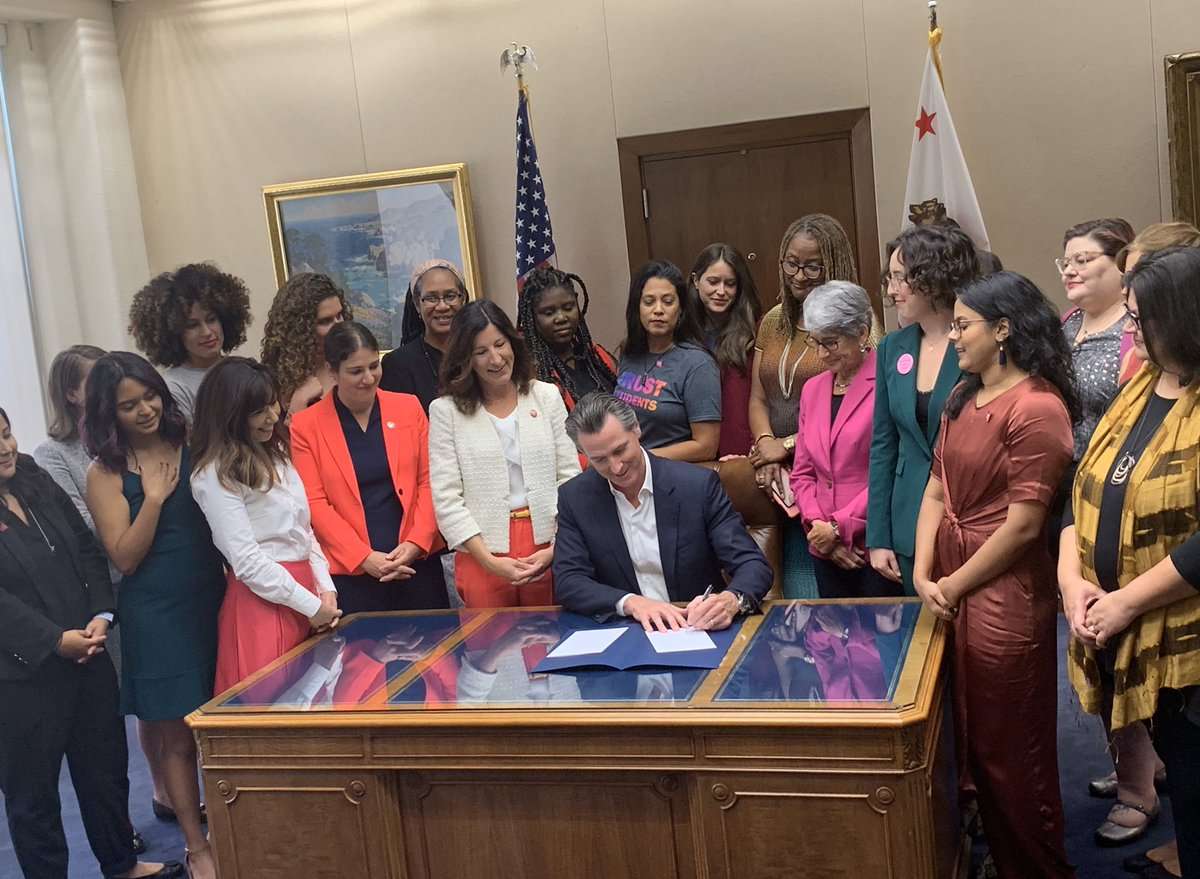
California’s Culture is No Place to Raise a Kid: Students for Life’s Mary Mobley at Fox News
20 Feb 2026

